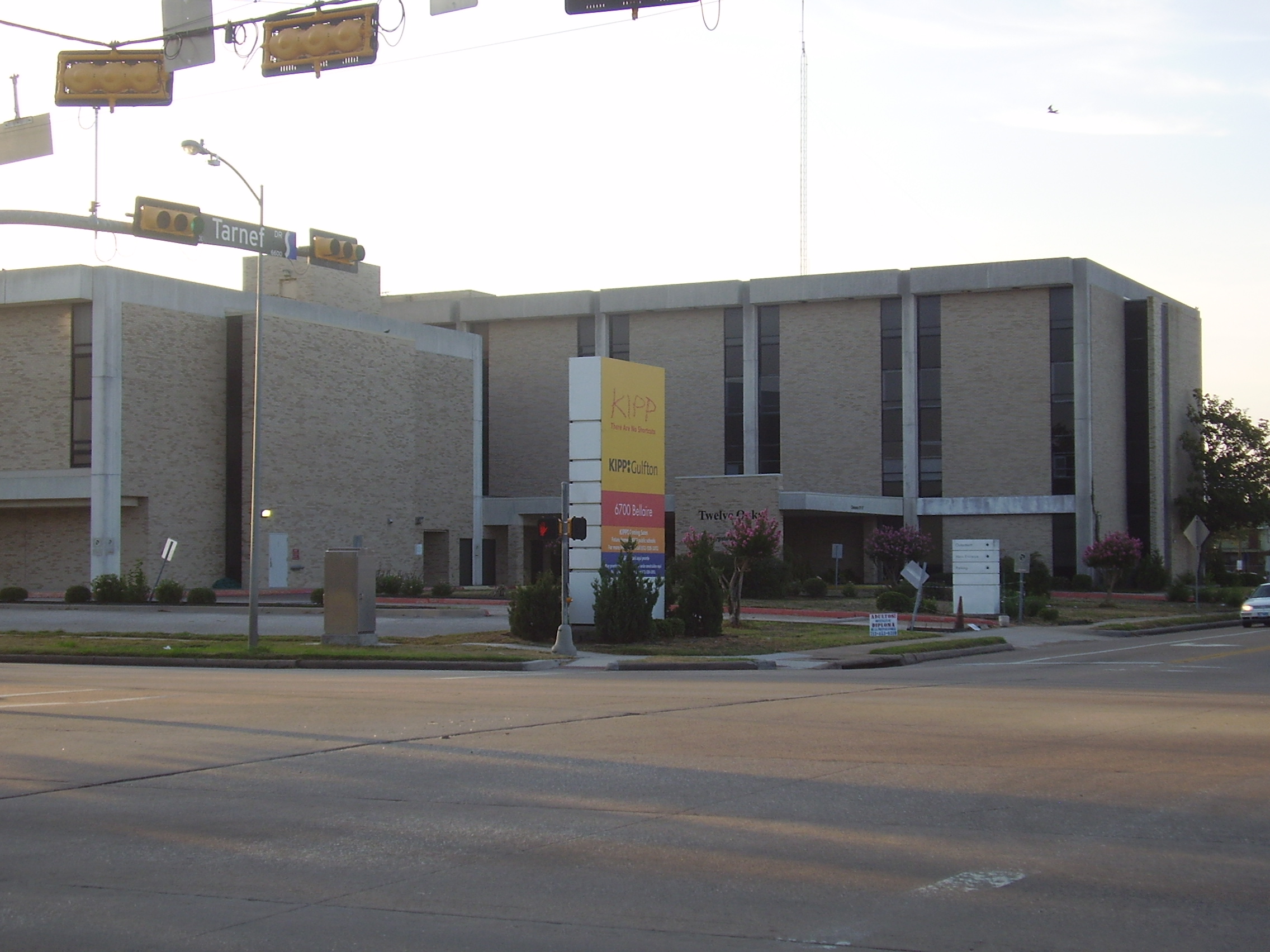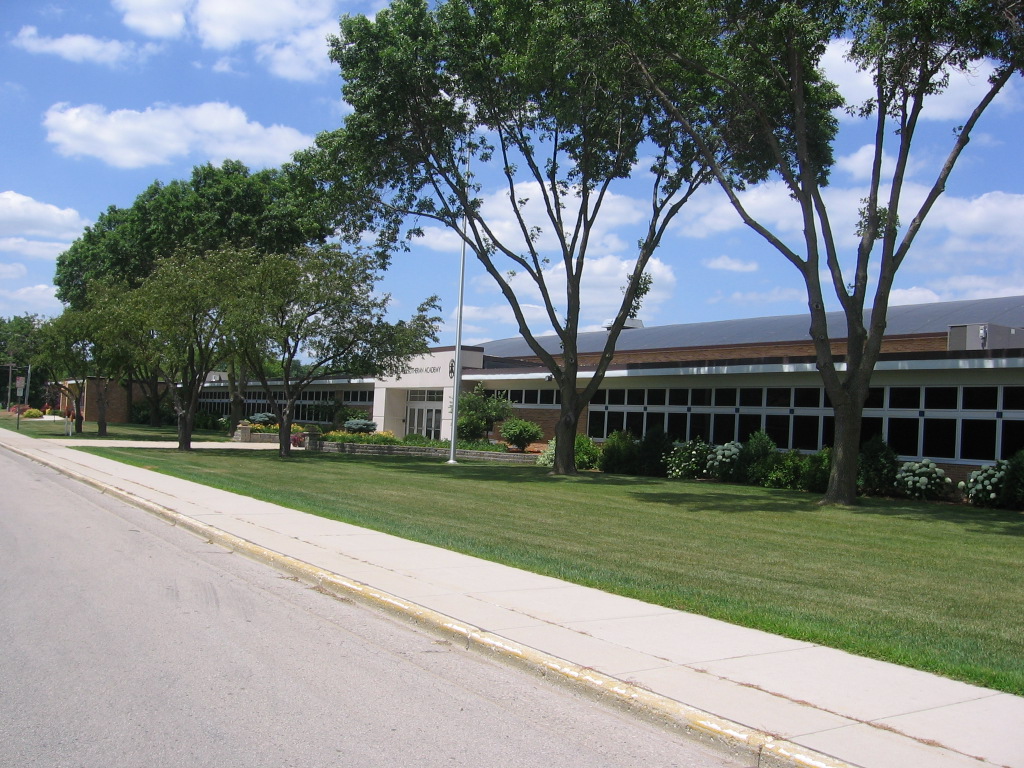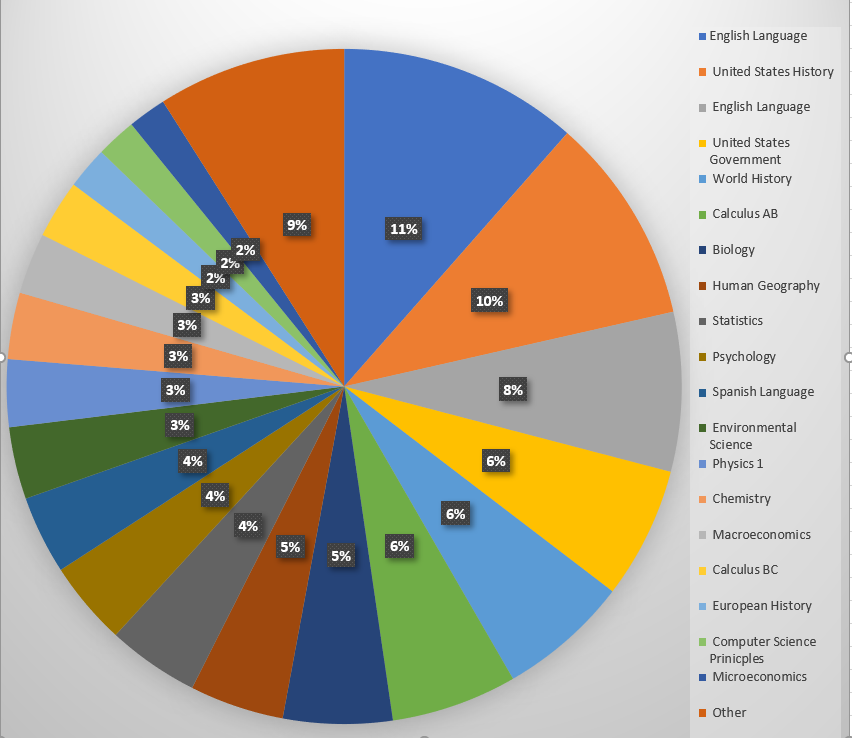|
KIPP Delta Collegiate High School
KIPP: Delta Collegiate High School is a comprehensive public charter high school serving students in grades nine through twelve in Helena-West Helena, Arkansas, United States. Curriculum Based on the KIPP network of free, open-enrollment, college-preparatory schools, the KIPP curriculum meets or exceeds the Smart Core curriculum developed the Arkansas Department of Education (ADE), which requires students to complete 22 credit units before graduation. Students engage in regular and Advanced Placement (AP) coursework and exams, preparatory courses in ACT/SAT testing, leadership workshops, and partnerships with local colleges and universities. Extracurricular activities The KIPP: Delta Collegiate High School school colors are blue and white. The KIPP Delta Collegiate participate in various interscholastic activities in the 1A 5 North Conference administered by the Arkansas Activities Association The Arkansas Activities Association (AAA) is the primary sanctioning body for ... [...More Info...] [...Related Items...] OR: [Wikipedia] [Google] [Baidu] |
KIPP Delta Public Schools
KIPP: Delta Public Schools is a charter school operator supported by the Knowledge Is Power Program (KIPP) based in Helena–West Helena, Arkansas, USA. The system consists of three schools in Phillips County and one facility in Mississippi County. , under an agreement with the State of Arkansas, the schools may enroll no more than 1,100 students each in Blytheville and Helena-West Helena and 400 in Forrest City, for a total limit of 2,600. List of schools * KIPP Blytheville Collegiate High School (grades 7-12) * KIPP: Delta Collegiate High School (grades 9–12) in Helena–West Helena. In 2012, KIPP Delta Collegiate was nationally recognized as a Gold Medalist and was ranked the No. 2 high school in Arkansas, the No. 52 charter school in the US, and the No. 408 overall school in the US by ''U.S. News & World Report'. * KIPP: Delta College Preparatory School (grades 5–8), in Helena–West Helena. In 2008, KIPP: Delta College Prep School was made a National Blue Ribbon Sc ... [...More Info...] [...Related Items...] OR: [Wikipedia] [Google] [Baidu] |
Arkansas Department Of Education
Arkansas ( ) is a landlocked state in the South Central United States. It is bordered by Missouri to the north, Tennessee and Mississippi to the east, Louisiana to the south, and Texas and Oklahoma to the west. Its name is from the Osage language, a Dhegiha Siouan language, and referred to their relatives, the Quapaw people. The state's diverse geography ranges from the mountainous regions of the Ozark and Ouachita Mountains, which make up the U.S. Interior Highlands, to the densely forested land in the south known as the Arkansas Timberlands, to the eastern lowlands along the Mississippi River and the Arkansas Delta. Arkansas is the 29th largest by area and the 34th most populous state, with a population of just over 3 million at the 2020 census. The capital and most populous city is Little Rock, in the central part of the state, a hub for transportation, business, culture, and government. The northwestern corner of the state, including the Fayetteville–Springdale� ... [...More Info...] [...Related Items...] OR: [Wikipedia] [Google] [Baidu] |
Arkansas Activities Association
The Arkansas Activities Association (AAA) is the primary sanctioning body for high school sports in state of Arkansas. AAA is a member association of the National Federation of State High School Associations (NFSHSA). Every public secondary school in Arkansas is a de jure member of the AAA, and most private schools, save for a few schools in the delta that belong to the Mississippi Private Schools Association and 22 Christian schools who belong to the Heartland Christian Athletic Association , are included in membership. The Arkansas Activities Association, or "AAA," was founded in 1904 by seven high schools and colleges and was called the "Arkansas State Athletic Association." In 1912, the high schools separated from the colleges and became the "Arkansas Athletics Association." Membership increased rapidly, and eventually the name of the organization was changed to the "Arkansas Activities Association". The following member organizations exist within AAA: * Athletic Direct ... [...More Info...] [...Related Items...] OR: [Wikipedia] [Google] [Baidu] |
Knowledge Is Power Program
The Knowledge is Power Program, commonly known as KIPP, is a network of free open-enrollment college-preparatory schools in low income communities throughout the United States. KIPP is America's largest network of charter schools. The head offices are in San Francisco, Chicago, New York City, and Washington, D.C. KIPP was founded in 1994 by Mike Feinberg and Dave Levin, two Teach For America corps members, influenced by Harriett Ball. KIPP was one of the charter school organizations to help produce the Relay Graduate School of Education for teacher training. History KIPP began in 1994 after co-founders Dave Levin and Mike Feinberg completed their two-year commitment to Teach For America. A year later, they launched a program for fifth graders in a public school in inner-city Houston, Texas. Feinberg developed KIPP Academy Houston into a charter school, while Levin went on to establish KIPP Academy New York in the South Bronx. In February 2018, Feinberg was removed from h ... [...More Info...] [...Related Items...] OR: [Wikipedia] [Google] [Baidu] |
Comprehensive Education , an exam taken in some countries by graduates.
{{disambig ...
Comprehensive may refer to: *Comprehensive layout, the page layout of a proposed design as initially presented by the designer to a client. *Comprehensive school, a state school that does not select its intake on the basis of academic achievement or aptitude. *Comprehensive examination In higher education, a comprehensive examination (or comprehensive exam or exams), often abbreviated as "comps", is a specific type of examination that must be completed by graduate students in some disciplines and courses of study, and also by un ... [...More Info...] [...Related Items...] OR: [Wikipedia] [Google] [Baidu] |
Secondary Education In The United States
Secondary education in the United States is the last six or seven years of statutory formal education, including or (varies by states and sometimes by district) through . It occurs in two phases. The first is the ISCED lower secondary phase, a middle school or junior high school for students through . The second is the ISCED upper secondary phase, a high school or senior high school for students through . There is some debate over the optimum age of transfer, and variation in some states; also, middle school often includes grades that are almost always considered primary school. History High school enrollment increased when schools at this level became free, laws required children to attend until a certain age, and it was believed that every American student had the opportunity to participate regardless of their ability. In 1892, in response to many competing academic philosophies being promoted at the time, a working group of educators, known as the "Committee of Ten" wa ... [...More Info...] [...Related Items...] OR: [Wikipedia] [Google] [Baidu] |
KIPP
The Knowledge is Power Program, commonly known as KIPP, is a network of free open-enrollment college-preparatory schools in low income communities throughout the United States. KIPP is America's largest network of charter schools. The head offices are in San Francisco, Chicago, New York City, and Washington, D.C. KIPP was founded in 1994 by Mike Feinberg and Dave Levin, two Teach For America corps members, influenced by Harriett Ball. KIPP was one of the charter school organizations to help produce the Relay Graduate School of Education for teacher training. History KIPP began in 1994 after co-founders Dave Levin and Mike Feinberg completed their two-year commitment to Teach For America. A year later, they launched a program for fifth graders in a public school in inner-city Houston, Texas. Feinberg developed KIPP Academy Houston into a charter school, while Levin went on to establish KIPP Academy New York in the South Bronx. In February 2018, Feinberg was removed from h ... [...More Info...] [...Related Items...] OR: [Wikipedia] [Google] [Baidu] |
Advanced Placement
Advanced Placement (AP) is a program in the United States and Canada created by the College Board which offers college-level curricula and examinations to high school students. American colleges and universities may grant placement and course credit to students who obtain high scores on the examinations. The AP curriculum for each of the various subjects is created for the College Board by a panel of experts and college-level educators in that field of study. For a high school course to have the designation, the course must be audited by the College Board to ascertain that it satisfies the AP curriculum as specified in the Board's Course and Examination Description (CED). If the course is approved, the school may use the AP designation and the course will be publicly listed on the AP Course Ledger. History After the end of World War II, the Ford Foundation created a fund that supported committees studying education. The program, which was then referred to as the "Kenyon Plan", ... [...More Info...] [...Related Items...] OR: [Wikipedia] [Google] [Baidu] |
ACT (test)
The ACT (; originally an abbreviation of American College Testing) Name changed in 1996. is a standardized test used for University and college admissions, college admissions in the Education in the United States, United States. It is currently administered by ACT (nonprofit organization), ACT, a nonprofit organization of the same name. The ACT test covers four academic skill areas: English studies, English, mathematics, Reading (process), reading, and reasoning, scientific reasoning. It also offers an optional direct writing test. It is accepted by all four-year colleges and universities in the United States as well as more than 225 universities outside of the U.S. The main four ACT test sections are individually Test score, scored on a scale of 1–36, and a composite score (the rounded whole number average of the four sections) is provided. The ACT was first introduced in November of 1959 by University of Iowa professor Everett Franklin Lindquist as a competitor to the SA ... [...More Info...] [...Related Items...] OR: [Wikipedia] [Google] [Baidu] |
Public High Schools In Arkansas
In public relations and communication science, publics are groups of individual people, and the public (a.k.a. the general public) is the totality of such groupings. This is a different concept to the sociological concept of the ''Öffentlichkeit'' or public sphere. The concept of a public has also been defined in political science, psychology, marketing, and advertising. In public relations and communication science, it is one of the more ambiguous concepts in the field. Although it has definitions in the theory of the field that have been formulated from the early 20th century onwards, and suffered more recent years from being blurred, as a result of conflation of the idea of a public with the notions of audience, market segment, community, constituency, and stakeholder. Etymology and definitions The name "public" originates with the Latin '' publicus'' (also '' poplicus''), from ''populus'', to the English word 'populace', and in general denotes some mass population ("the p ... [...More Info...] [...Related Items...] OR: [Wikipedia] [Google] [Baidu] |



_-_040.jpg)

